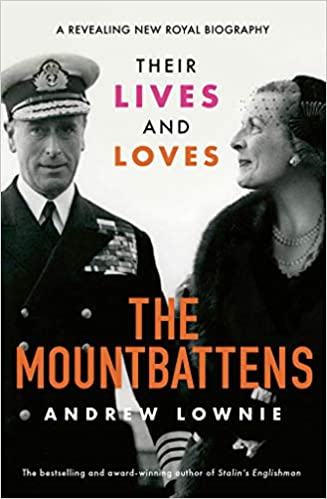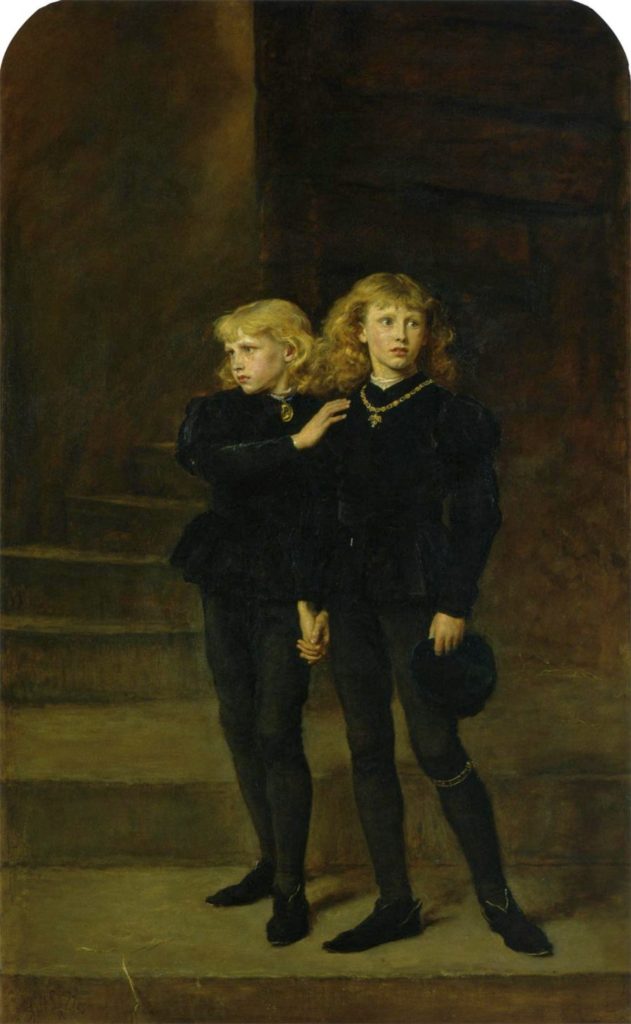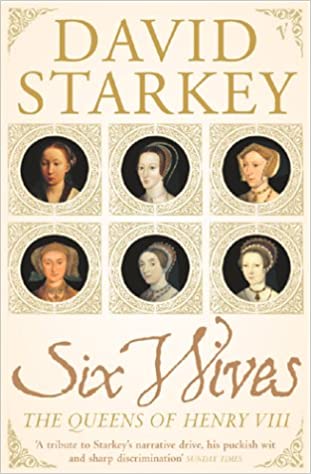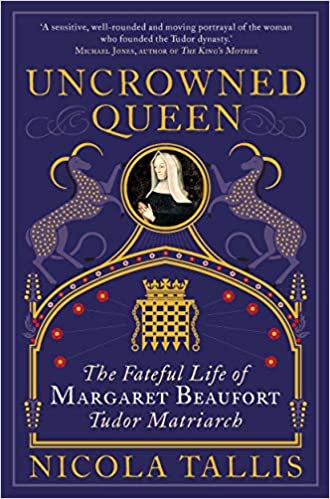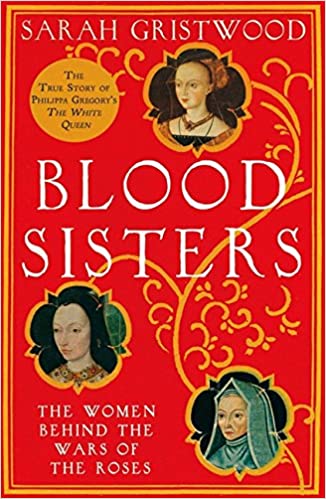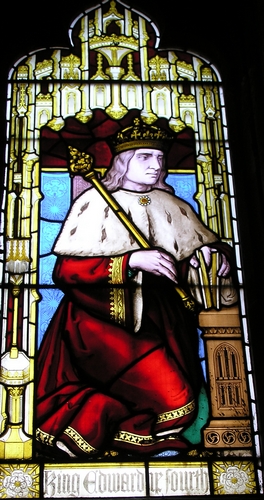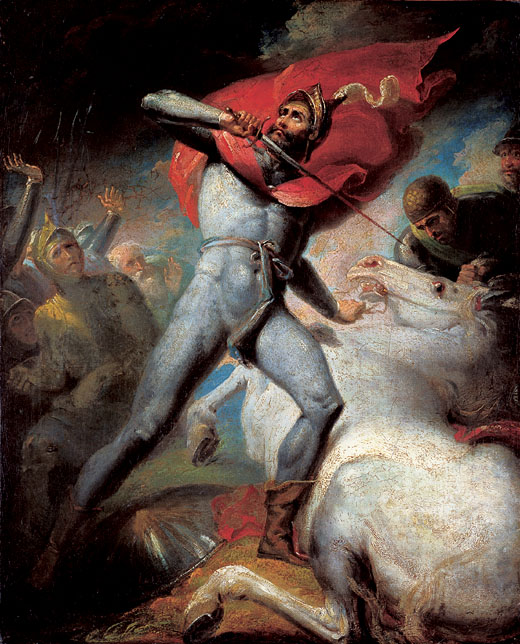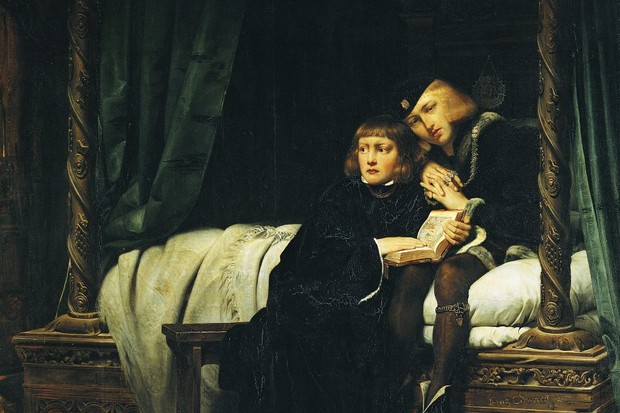
Shortly after becoming King in 1483, the 12-year-old Edward V was lodged in the Tower of London to await his coronation. His uncle and Lord Protector, the Duke of Gloucester soon arranged for the young King’s brother, Richard, Duke of York, to join them.
But the day of the coronation never came. Instead, it was announced that the boys were illegitimate – the result of a bigamous marriage – and that their Uncle would reluctantly reign as Richard III. In the weeks that followed the boys were seen playing in the grounds or looking out of windows. But such sightings soon stopped. By the end of the year, they were widely presumed to be dead.
To the minds of many historians, the circumstantial evidence weighs heavily toward Richard’s guilt. He had the motive, means and opportunity. The Princes were in his custody. But if Richard is the most likely candidate, he is hardly the only one. A host of others have been accused of the crime over the past five centuries. Some who have studied the subject, don’t believe the boys died at all. And there is no hard evidence that they did.
No one wants to believe that an uncle could order the death of his nephews. Any alternative theories are going to be attractive. But when we start to scrutinise those on offer, each can, sadly, be found wanting.
Let’s take a quick look at them.
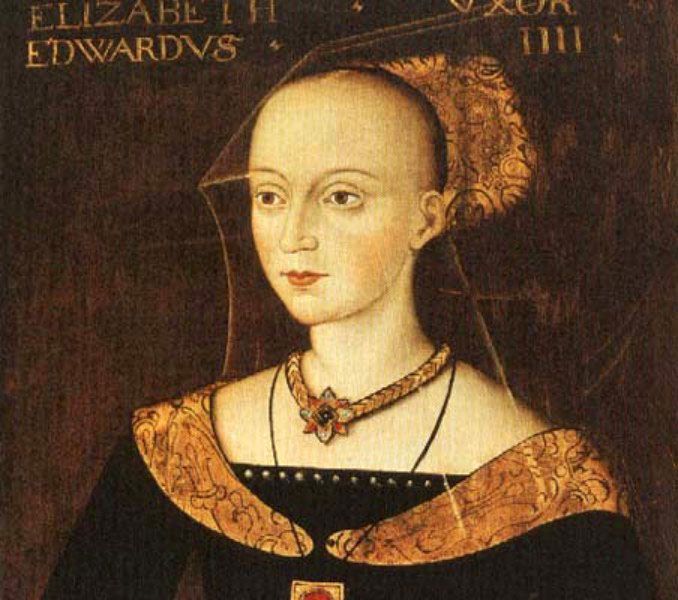
1. The Princes in the Tower were never killed
I would love this to be true. Even 500 years later, the thought of what might have happened to those boys is chilling. Could they have escaped a brutal end? Might they have exchanged sovereignty for survival?
Sadly, I think it’s unlikely. The theories range from Richard stashing the Princes somewhere else to a secret deal between Elizabeth Wydeville and her brother-in-law. Secret identities and alternative careers as construction workers in Colchester are all offered as possibilities.
Others still, argue that someone sympathetic to the Princes managed to smuggle one or both from the Tower to safety. Many would identify the imposter Perkin Warbeck as Richard, Duke of York, believing that the younger boy had somehow escaped his uncle’s custody. Could the man sent to do the deed have taken mercy on him?
The belief that Richard had killed the Princes cost him dear. Some could accept him as King but never tolerate child murder. An unlikely coalition formed against him. The remnants of Lancaster and supporters of his late brother, united against Richard’s reign. Ultimately, they would take his life and his crown at Bosworth Field. Had Richard been able to produce the Princes, this shaky alliance would have fractured immediately.
So why didn’t he? That the boys were dead, and could not therefore be produced, is not the only explanation. But it is, sadly, the most likely one.
One day, we may be allowed to DNA test the bones that were discovered in the Tower in 1674. Should they be identified as those of the Princes, we will at least be sure that they died in the tower in the 1480s.
At the moment, we can’t draw too many conclusions from what we know of the skeletons. But I will say this: the discovery of two skeletons, of children roughly the same age as the Princes in 1483, discovered exactly where Thomas More claimed they were buried, hardly detracts from the argument that the boys met their end that year.
2. The Duke of Buckingham did the deed to frame Richard, or to further his own claim to the throne
To my mind, this is the best alternative theory. It’s certainly peculiar that Buckingham had been Richard’s staunchest supporter until he – somewhat suddenly – decided to spearhead a rebellion. It may have been him that spread the rumours that the Princes were dead. But could he have killed them?
Some say that given his closeness to Richard, he was the only person that could have gained access. I have some sympathy with that. But even in this scenario, the King would have found out pretty sharpish. Surely when he finally got his hands on the Duke, he would have publicly accused him. It would have been the perfect solution for Richard. His rivals would have been eliminated. He would have been free from blame. He would emerge as both legitimate King and grieving Uncle.
3. Seeing an opportunity for her son, Margaret Beaufort had the Princes done away with in 1483
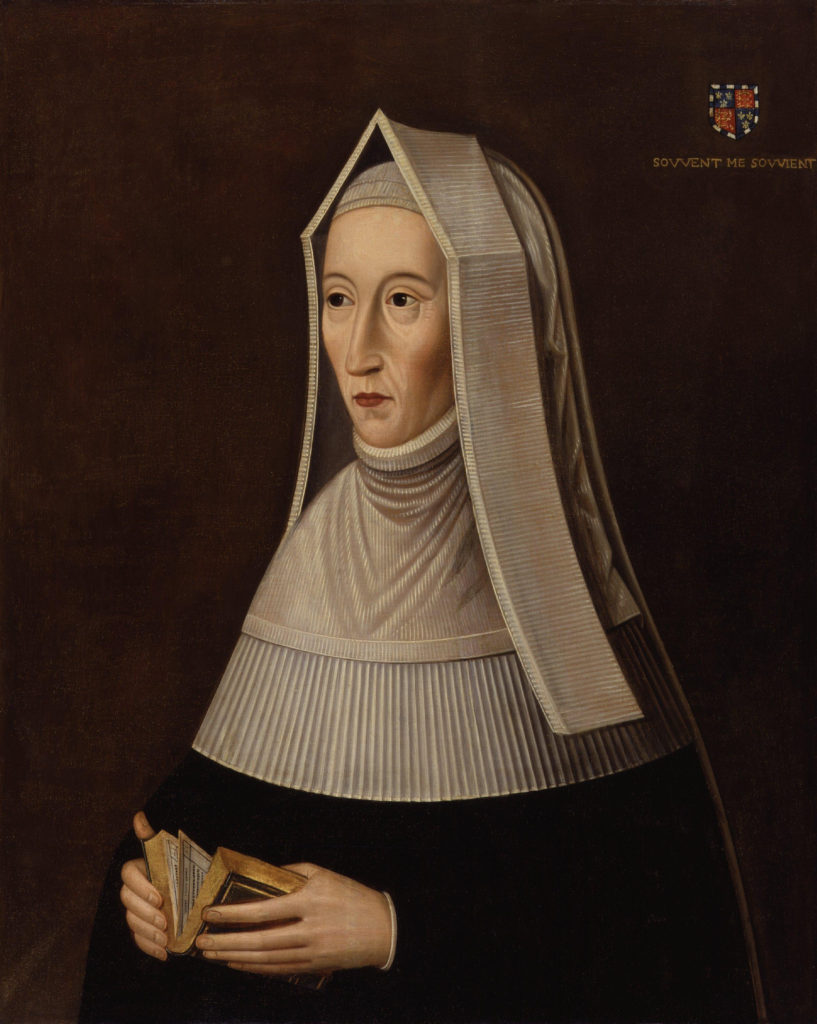
This theory is popular on social media but not entertained by most historians. I’ve blogged about why I think it has little weight elsewhere.
Fundamentally, however much the Countess of Richmond was ambitious for her son, she wouldn’t have had access to the Princes in the Tower. They were guarded by Richard’s men and she had nothing to bribe them with which was more attractive than the rewards offered by service to the King.
4. Henry VII, after his victory at Bosworth, had the Princes murdered
The first Tudor King has regularly been named as an alternative suspect. But there are problems with this. Firstly – and I refer readers to arguments earlier in the article – it relies on the Princes being alive until 1485, something which as I have demonstrated, seems unlikely.
And what about Henry’s reaction to the pretender Perkin Warbeck? Was he convinced that this man wasn’t truly Richard, Duke of York? Some historians believe there was doubt in his mind. A murderer would know the boys were dead. Henry may not have enjoyed that confidence.
5. The boys died of natural causes
Edward V was being visited by a physician while in the Tower (before Richard removed his attendants). Forensic investigations of the skeletons have shown some problems with the elder child’s jaw. I’ve never known anyone die of jaw ache, although it could have been a symptom of something more serious.
But even if the elder boy had died, isn’t it a bit too convenient to think the younger had followed suit? Had this gift been handed to Richard, surely he would have made use of it.
*
In a court of law, it would be unfair to convict someone by process of elimination. The fact that these scenarios are unlikely to have played out, doesn’t make Richard guilty.
DNA testing of the bones may be able to confirm in the boys died in the tower. But even that won’t tell us who killed them. The truth is, we will never know for sure.
But as we begin to scrutinise all the alternative theories, we start to see their limits. While recognising that we cannot be 100% certain, the finger of suspicion inevitable points again toward the man who took both Prince’s into custody, placed them in a high-security prison and, despite damaging rumours of their murder, never produced the boys to counter them.
That man is Richard III.
Subscribe to our newsletter!
